From December 3, 2025 to February 15, 2026, Triennale Milano will host Fabio Mauri. De Oppressione, an exhibition curated by Ilaria Bernardi that marks the start of celebrations for the centenary of the birth of the Roman artist (Rome, 1926 - 2009). The exhibition is promoted by theGenesi Association in collaboration with the Fabio Mauri Studio-Association for Art L’Esperimento del Mondo and its related scientific committee. The initiative is part of a program of events, including touring retrospectives and the publication of the general catalog of works, that over the course of 2026 will pay tribute to one of the most important figures of the postwar Italian avant-garde.
The exhibition project dedicated to Mauri focuses on the theme of oppression, central to his research since the late 1960s. The artist has been able to investigate the contradictions of the twentieth century, between memory, ideology and the power of images, elaborating a language that has spanned painting, drawing, sculpture, performance, installation and writing. Throughout his career, a constant tension emerges between individual and collective experience, between symbolic dimension and documentary value, between ethics and historical determinism. Since the 1950s Mauri had sensed the ambiguous power of the screen, conceived as a threshold and filter, a neutral surface but also an instrument of manipulation.
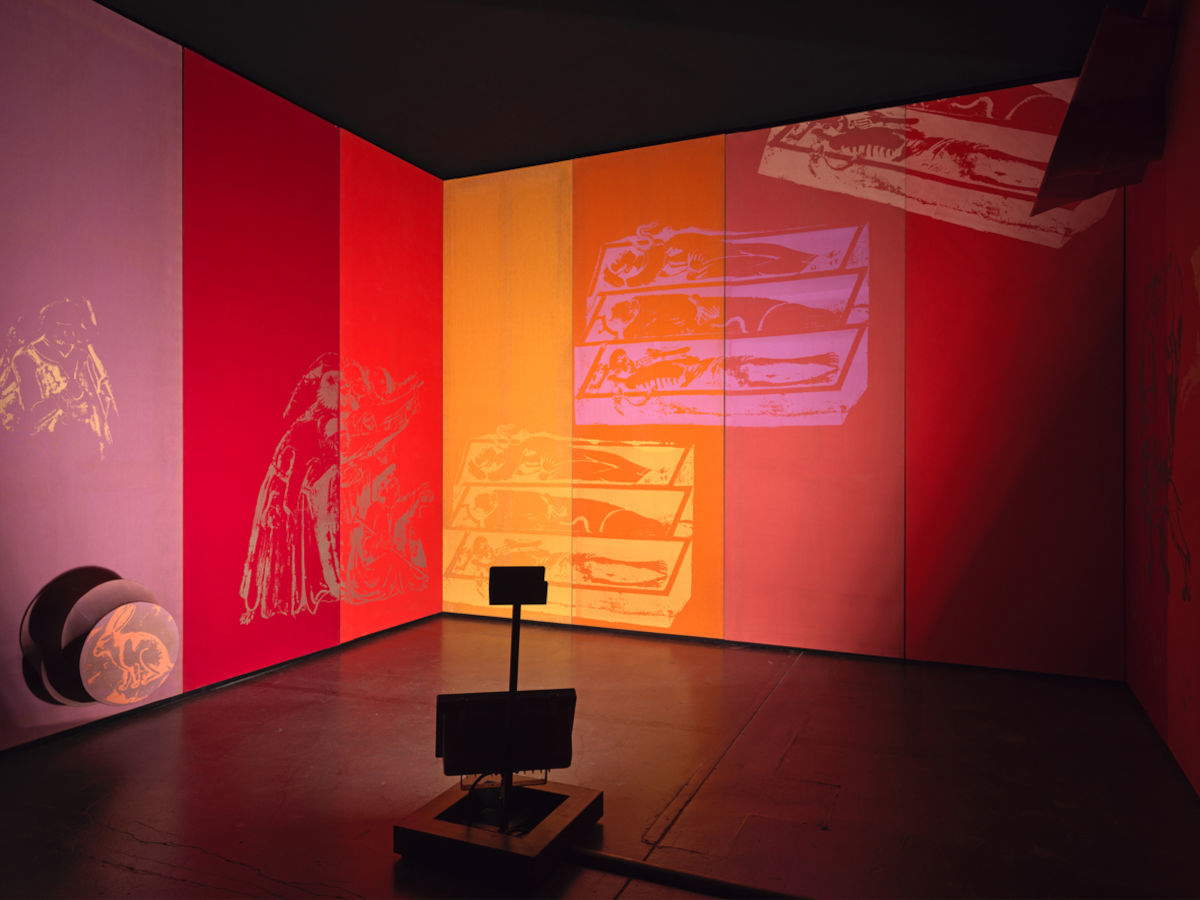
The screen, for him, represented the emblem of a society gradually transformed into a society of spectacle, a definition that today can be extended to today’s screen society, dominated by the computer and social media. With subsequent works, beginning in the late 1960s, the artist brought attention to the body as a site of memory and critical reflection, capable of bearing witness to both ideological oppression and the transmission of collective traumatic experiences. The path of the Milan exhibition includes iconic works made between the late 1960s and the 2000s, selected to highlight the relevance of Mauri’s thought. Oppression is addressed in its different declinations, cultural, identity and ideological, showing how these areas can become instruments of oppression in different historical moments and in various geographical contexts.
“Victims of Power,” says Letizia Moratti, President of the Genesi Association, “is one of the six sections in which the Genesi Association’s Contemporary Art Collection is developed. The theme of oppression is implicit to it and, unfortunately, more relevant today than ever. I am delighted that the Genesis Association can continue its investigation of this dramatic theme through an important and historic Italian artist like Fabio Mauri, who has been its forerunner. His works help to reflect and open reflections that stir consciences. This is why it is essential to reread art history and its protagonists in the light of the present and with a view to the future: only by doing so can we build a better future.”
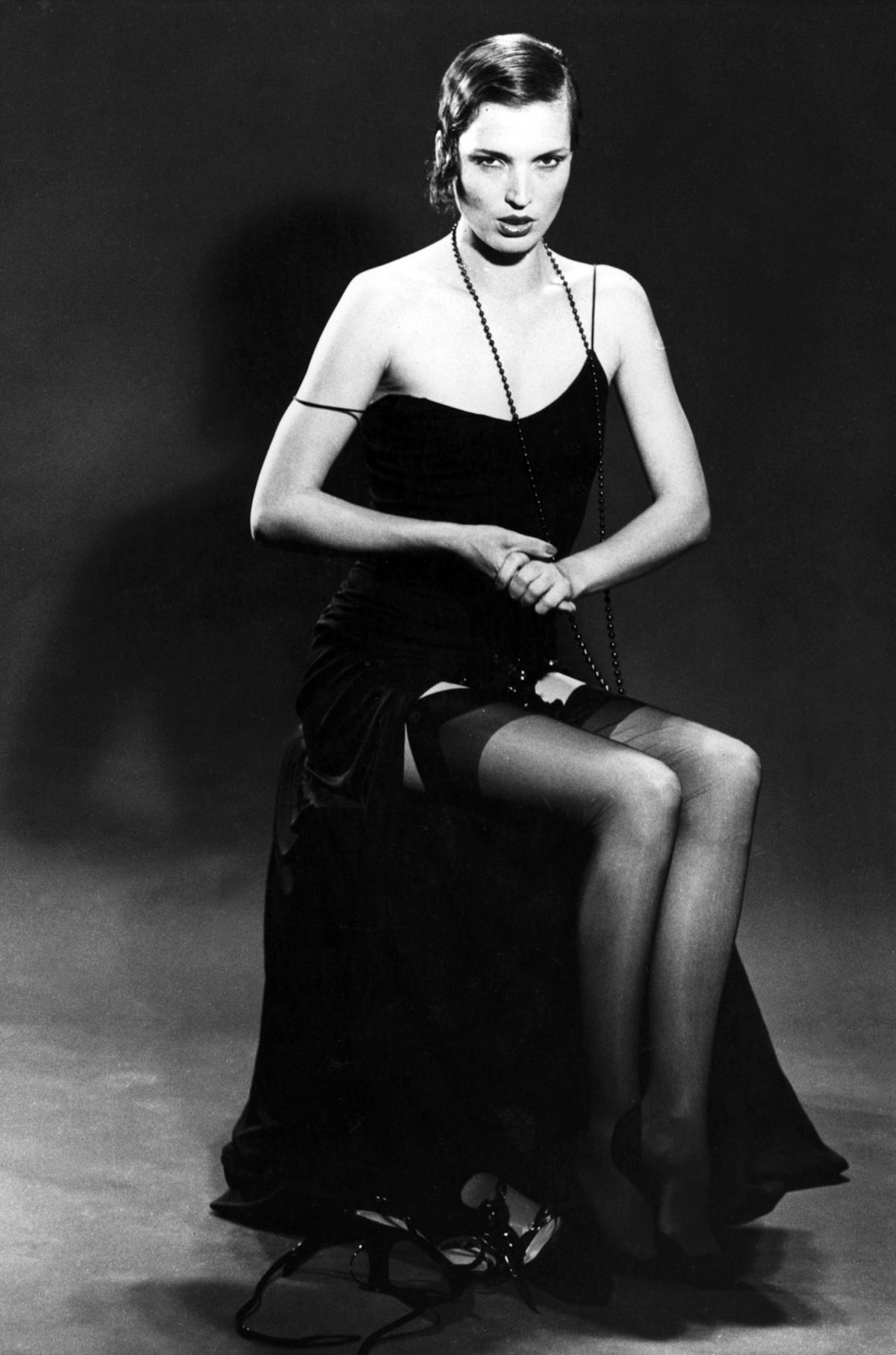
“On behalf of the Estate and Studio Fabio Mauri,” says Studio Fabio Mauri President Fabio Mauri, “I thank the Genesi Association, President Letizia Moratti and curator Ilaria Bernardi for this important exhibition that addresses a fundamental core of my uncle, Fabio Mauri’s, research. These works highlight with dramatic force the theme of oppression, which the artist saw at close quarters in the years of his youth, returning it with radical coherence and visionary power in his Work. De Oppressione opens the celebrations of the centenary of Fabio Mauri’s birth, which will be studded with major events starting with the publication of the General Catalog, which will be presented as a digital preview in this prestigious venue in Milan, our family’s adopted city.”
“The exhibition at the Triennale,” Ilaria Bernardi, curator of the exhibition, “wishes to testify how Fabio Mauri was not only an artist of undoubted value, but at the same time a refined and far-sighted intellectual, capable of reading in past and present History the germs of future History. It is also for this reason that his relevance in the History of Art grows and becomes even more evident with the passage of time: his works, with a strong social value, investigate the mechanisms by which History, individual and collective, unravels within a historical determinism that unfortunately every time seems to confirm the truthfulness of Giambattista Vico’s ’historical courses and recurrences’.”
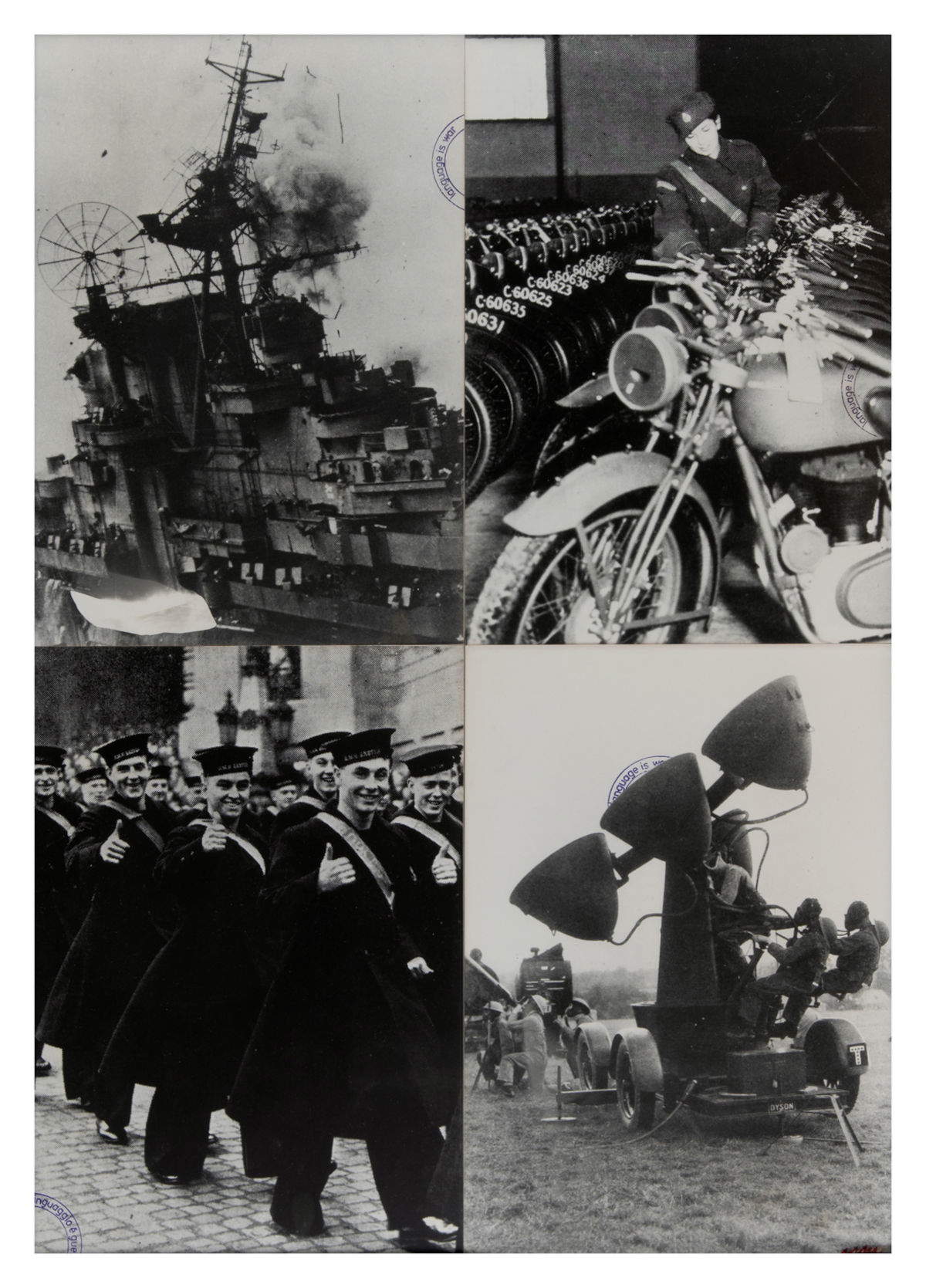
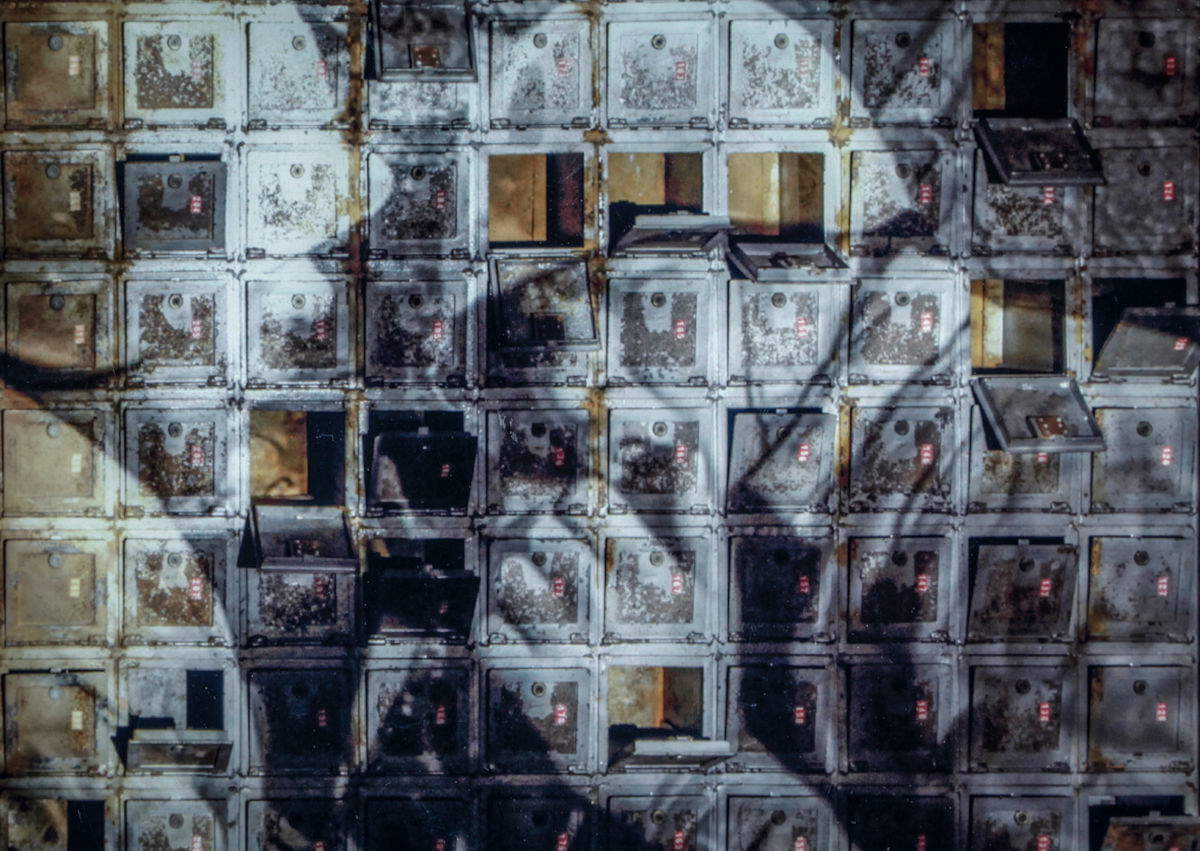
Among the works on display are historic and rarely presented installations. Amore mio (1970), dedicated to the theme of death and never exhibited again in Italy after the Montepulciano exhibition of the same year, will be an integral part of the itinerary. Manipulation of Culture (1974) and Bombed Europe (1978), works whose titles already evoke reflection on oppression and the wounds of history, will also be on view. At the 1978 Venice Biennial, Mauri had presented I numeri malefici, now housed at the Castello di Rivoli Museo d’Arte Contemporanea, in which the artist investigates how the error of calculation or judgment can become a matter of interpretation for man and for History. From later decades come other works included in the exhibition, such as Reconstructing Memory with Perception Off (1988), China ASIA New (1996) and Rebibbia (2007). These works testify to Mauri’s ability to read every form of abuse, even the most personal and individual, as an integral part of the historical event.
Parallel to the exhibition, the Genesi Association will promote a public program of educational and popularizing activities, developed together with the sponsoring bodies: Università Cattolica, FAI, Gariwo - the forest of the Righteous and Robert F. Kennedy Human Rights Foundation Italia. Guided tours, workshops and meetings are planned for audiences of different ages and backgrounds, with the aim of offering tools to understand both Mauri’s poetics and the universal themes it addresses. The first event is set for Wednesday, December 10 at 6 p.m. with a meeting featuring Carolyn Christov-Bakargiev, chair of the scientific committee of the Fabio Mauri Studio. The artist’s general catalog, published by Allemandi and Hatje Cantz, will also be presented on that occasion.
The exhibition will be accompanied by a catalog published by Silvana Editoriale, which will include an essay by the curator, a chronology of Mauri’s life and work, fact sheets of the works on display, and a selection of historical images and photographs from the artist’s archive. The project is made possible thanks to the support of main sponsors Fondazione Cariplo, Eni and Intesa Sanpaolo, while technical sponsors include Open Care, Hidonix and Start. The initiative organized by the Genesi Association represents the start of a cycle of activities related to the centenary of Mauri’s birth. After the Milan stop, the celebrations will continue with a major retrospective at MAMbo - Museum of Modern Art in Bologna, which will later be hosted at Mudam in Luxembourg, helping to outline a path of international valorization of the work of an artist who was able to interpret the contradictions of the 20th century and restore them through forms and languages capable of maintaining their topicality intact.
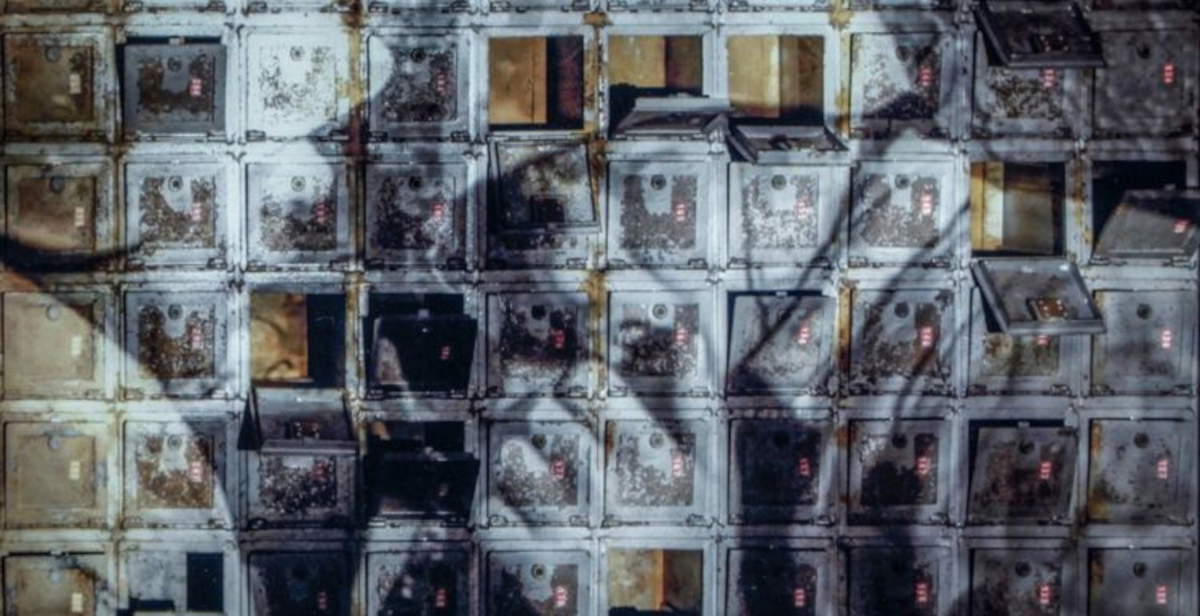 |
| Fabio Mauri and the theme of oppression: an exhibition at the Triennale opens the centennial celebrations |
Warning: the translation into English of the original Italian article was created using automatic tools. We undertake to review all articles, but we do not guarantee the total absence of inaccuracies in the translation due to the program. You can find the original by clicking on the ITA button. If you find any mistake,please contact us.